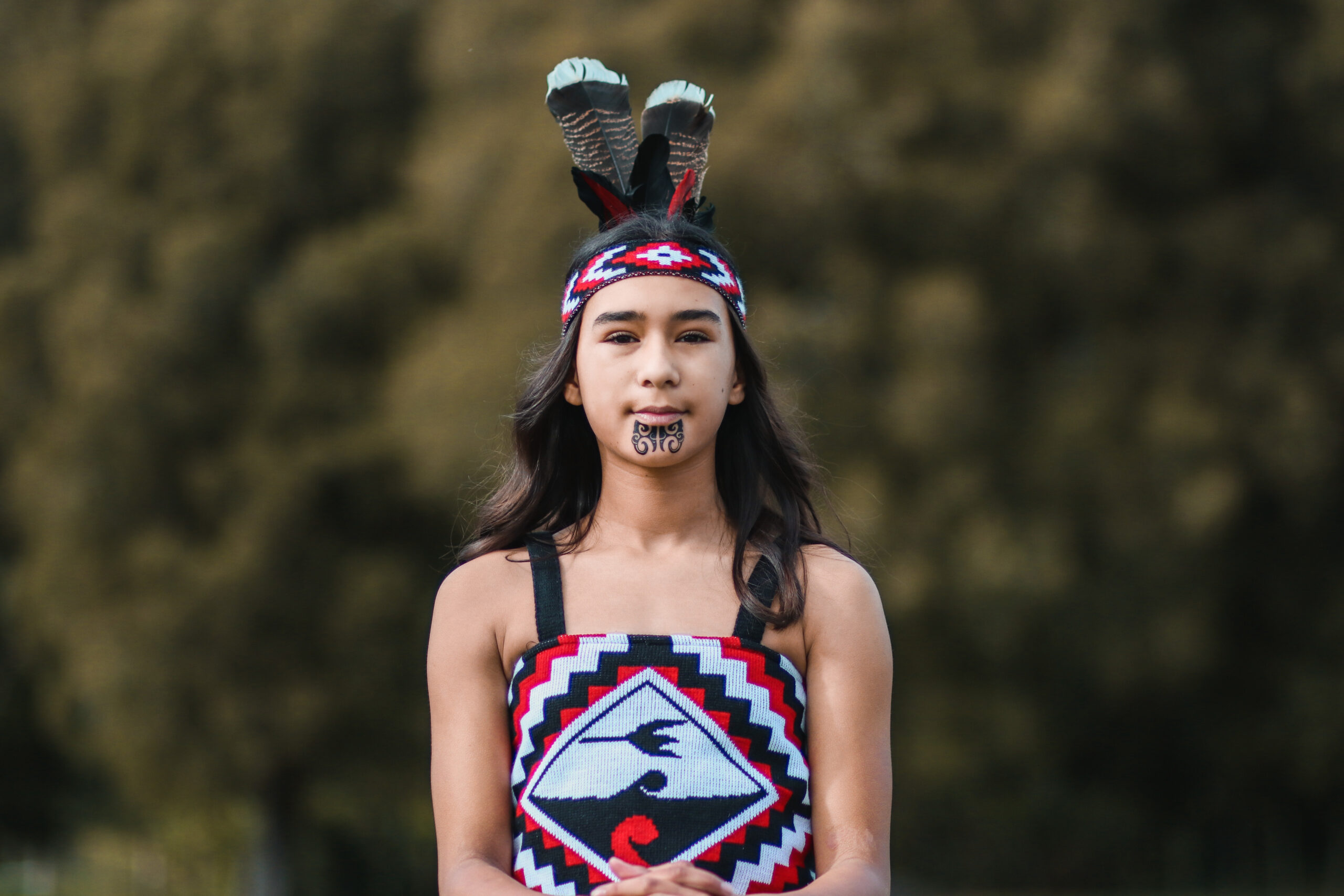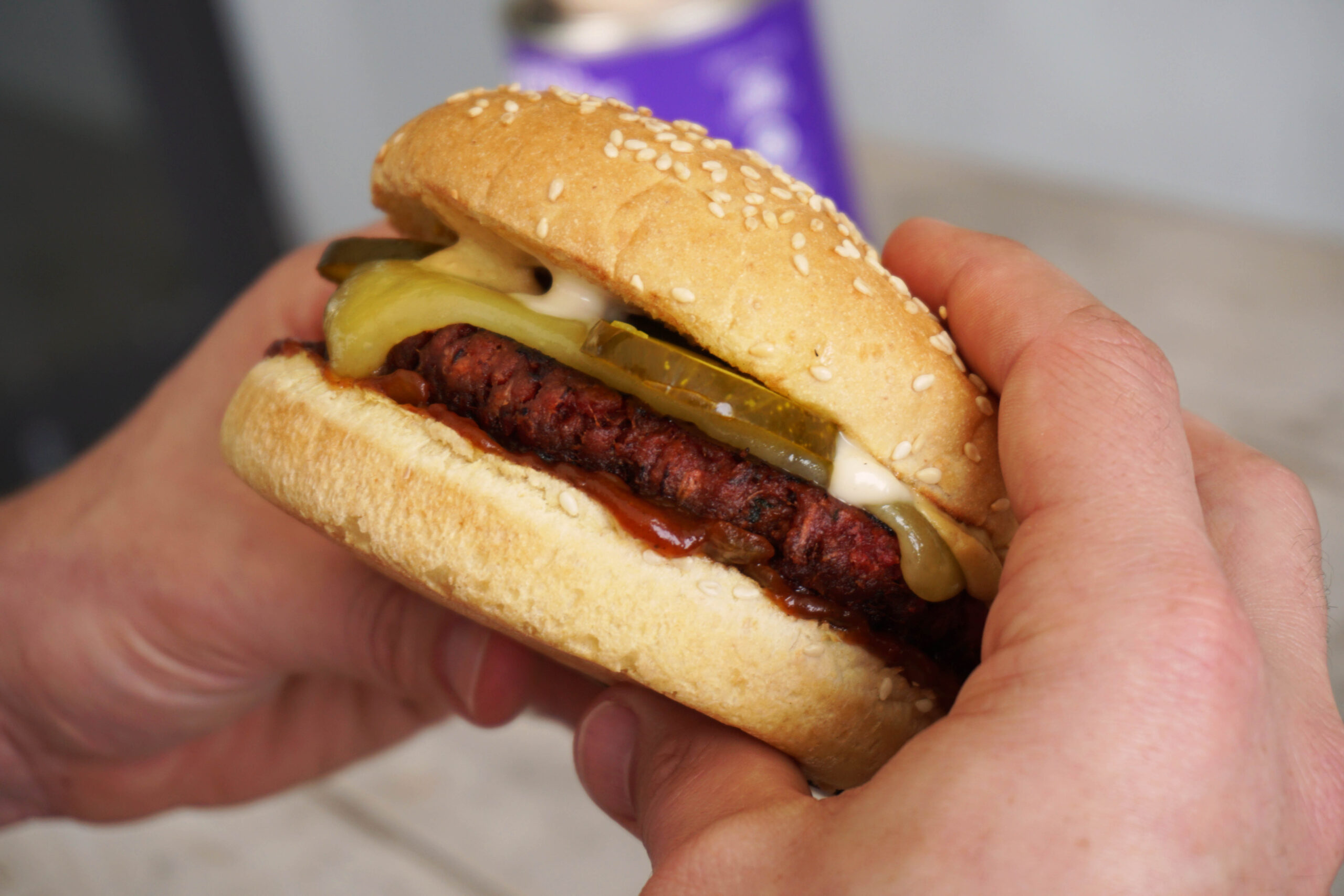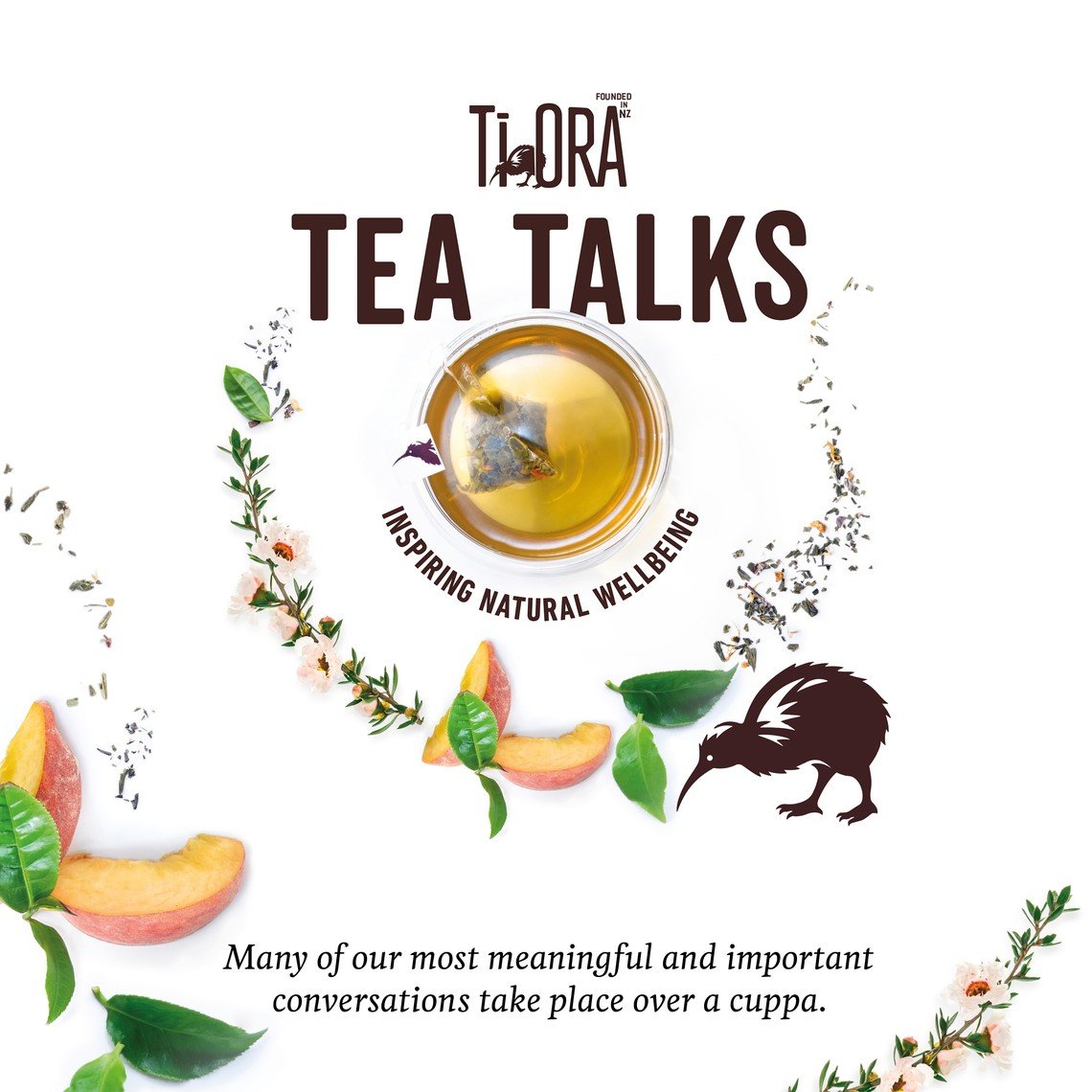Photography Shane Boulton.
It’s not often you come across a 12-year-old with maturity and wisdom that surpasses that of most adults.
It’s the silver lining that has come from a truly traumatic, life-changing moment.
It happened in a split second. Five years ago, Harper Heta, then a 7-year-old girl from Te Aupōuri, the second-northernmost Māori iwi (tribe) north of Kaitaia, was showing her aunty a gymnastic move when things ended badly.
Using the stairs to get momentum for a back bend, she fell awkwardly and something felt off. She got herself off the ground and lay down on the couch.
But when she tried to get up a few minutes later for a drink of water, she couldn’t get up. She lay there for a while, and when her Nana came home half an hour later, Heta announced, “Nan, I can’t move”.
Things turned into chaos. Heta was staying north for the school holidays, while her mum, Lara, and dad, Hayden, were working back home in Kaukapapa.
Lara called to check in on how the kids were doing.
“I was talking to my son Jett and could hear Harper yelling out, ‘I’ve broken my back!’” she recalls. “I asked what was going on and he explained she hurt it and said that Aunty was helping her out and she would be fine.
Harper had gone back to the couch and calmed down with a blanket on her by then. When I spoke to them half an hour later Harper said she couldn’t feel her legs.
They went straight to A&E and thankfully the doctors knew not to touch her and she was helicoptered to Starship and Hayden and I met her there.”
From there, life split into two: before the accident and after.
“It was pretty scary,” Lara remembers, becoming emotional. “In that moment, we didn’t know what was going to happen. We had no idea she would become paraplegic from that moment.”

Accepting a new reality
At such a young age, it was hard for Heta to comprehend she might never walk again, especially as a sporty active youngster.
She spent four weeks in hospital, followed by three months at Wilson’s children’s rehabilitation centre, and was given a 50/50 chance of walking again in two to three years of leaving the hospital.
“When I heard I wouldn’t be able to stand anymore, my first comment was, ‘So I won’t be able to play ripper anymore or netball?’ I was real sad about not being able to play sports. Mum said ‘It is what it is, use it to your advantage’.”
Developing the strength and confidence to become mobile again with the help of ACC-funded wheelchairs (she is now onto her seventh) was a challenge.
“Because of our high-performance sporting backgrounds, we knew she needed to rehab and get as much physical strength as possible for her future success. She has forgotten what it is like to walk now and doesn’t hold it in high regard, but we want her to have the ability to qualify for robotic legs in the future should she choose to,” explains Lara.
Five years on and Harper’s levels of sensation continue to progress in her lower back and legs.
She has regained a little bit of movement and she can crawl around and move her legs through hip movements.
Heta trains at EpicFit once a week to strengthen and condition her body and meets with her physio weekly. She stands in a standing frame for weight-bearing to strengthen her bones.
Power through wahine toa and kapa haka
What amazes Lara is her daughter’s positivity.
“In five years, I can count on my fingers how much she has complained. Being resilient has been driven into Harper and she really takes it on board,” she says. “We tell her every day that she can do whatever she puts her mind to. Of course, she is allowed to be vulnerable and have those moments like everyone else, but we choose not to let her dwell in this space and help her to move on. We don’t treat Harper any differently from our [other] children. We parent the best way we know how, and we are always learning.”
It’s hard to fathom how a young person can stay so strong in the face of such adversity, a credit to the support and positivity offered by her whanau and the strong wahine toa who support her: Lauren (her personal trainer), Margo (her physio), Dany (her psychologist) and Justine (her ACC recovery partner).
“They are all very strong individuals and what they bring to Harper’s rehab is not just their skills and experience but their mindset as well. They have encouraged and inspired her,” says Lara.
Heta is especially appreciative of her ACC case worker, Justine (who is in a wheelchair after an accident), who, she says, “gets it”.
Lara reflects, “I really want Harper to experience motherhood if she wants to in the future, and to meet an adult wheelchair user so early in Harper’s journey, I was eager to understand what life was like for her, if she had children etc. I had a lot of questions! Justine shared her journey and I was put at ease, seeing how confident she was, how strong and happy and that really stood out to me.”
Born to lead
If you didn’t know her situation, Heta’s resume reads like most other young wahine of her age, with her cultural and artistic endeavours bringing her the courage and joy that she is known to radiate.
She is a Head Student at Kaukapakapa School and Kaea (leader) of Te Kotahitanga Kapa Haka rōpū, she played a starring role alongside two other dancers at this year’s Attitude Awards, a nationally televised event celebrating the achievements and successes of New Zealanders living with disabilities, and she is getting pretty used to media interviews.
She enjoys contemporary-style dance and her biggest venture to date has been working with Rodney Bell (a physically integrated dancer) and MOTH (Movement of the Human), where she was part of a piece called Hurihuri.
Heta’s journey in Te Reo Māori and Kapa Haka is helping her discover what it means to develop as a fierce wahine toa.
“From the moment she joined Kapa Haka, she connected spiritually, she came home from school and said, ‘Mum, I’ve got to find my roots’. So we’ve all been on that journey with her and it’s invigorating. It’s a moving moment when I hear Harper perform,” says Lara. “Her tupuna [ancestors] watch over her well”.
“Matua Ben [Harper’s tutor in Te Reo and the Arts at Kura] nurtures her journey in this space and helps bring out her inner confidence that he sees in her. One of the kuia [elders] at a Kapa Haka performance said to me, ‘You could see the mana radiating from her wheelchair. What an incredible young woman’. I do beam brightly because I know the journey she has overcome to get there”.
Heta is straight up when she says, “I’ve been doing Kapa Haka for four years and was always in the second or third row. I felt hidden away. Last year I was asked to be in the front row and I worked super hard for my spot so I was really happy to get there. Being up there in a wheelchair feels inspirational. No-one gets in the front row because they are just good at it, its about leadership.”

Finding strength through struggle
Heta hasn’t always been so positive about her life after the injury. “I’ve definitely had times when I was really down,” she says.
Getting used to living in a wheelchair has been difficult, something that she was initially quite ashamed of.
“I think having a disability gives you the ability to see people as they really are. When someone first looks at someone with a noticeable disability they see them and that’s what they notice. Not, ‘Oh wow, she has cool hair’, it’s ‘She’s in a wheelchair’. And some people just have eye problems and stare! I didn’t like my wheelchair at first, but I bullied myself into loving it and just being confident about it. I’ve made heaps of friends, at dance classes or shows, people will come up and say I’ve seen you on TV, and I’ve got some really good true friends who accept me”.
Since her injury she has taken up wheelchair basketball. “I’m a very competitive person and I love the physical side of getting stuck in. I also love to prove people wrong, to show them that even in a wheelchair I can achieve things and do things that others can’t.”
Meditation and prayer have been powerful for keeping her headspace positive and focusing on the bigger picture.
Having faith in God and having a church community backing her has also given strength during the hard days.
“Praying helps me keep a strong positive mindset, I think it’s why I’m so happy and I don’t care what anyone thinks anymore. I’ve had lots of struggles along the way but my family supports me, my family are my biggest fans.”
Lara is incredibly proud of Harper and her attitude, and has been surprised by how this ‘change of lifestyle’ has grown them all as a whanau.
“The chair has uncovered all of these talents that might not have come out if she wasn’t in the chair. We’ve become musical now because of Harper, and we love to sing together while Hayden plays guitar! She took piano classes and is good, she sees music as colours and has learnt to tune her voice to the piano. Over the last six months she’s realised that she wants to be an ambassador for people like her.”
Giving a voice to disability
In the long-term, Heta wants to be an actress, a singer and a dancer.
She loves to perform, but more than anything, she wants to increase awareness of disabled people and act as an ambassador for them. “Lots of people are insensitive and they say stupid stuff that can really hurt people and they might not realise that,” she says. “I want to promote awareness and understanding. Disabled awareness is underrated and we have a long way to go. I want to be that voice for others. In my opinion I feel like I could be in a wheelchair forever and I don’t care, I am going into my teenage years now and getting ready to start college next year and I am excited about it!”
One in four New Zealanders lives with a disability and Heta has simple advice for anyone at the start of their new journey.
“Don’t care what others say,” she says. “At the end of the day they don’t know you. Know you’re succeeding in life. I have learned lots this year. I didn’t really want to stand out because I didn’t want people making fun of me or people judging me for being in a chair, but now, I am proud of my chair. I try and live by my motto, ‘Tūwhitia te hopo, mairangatia te angitū! – feel the fear and do it anyway’.”





